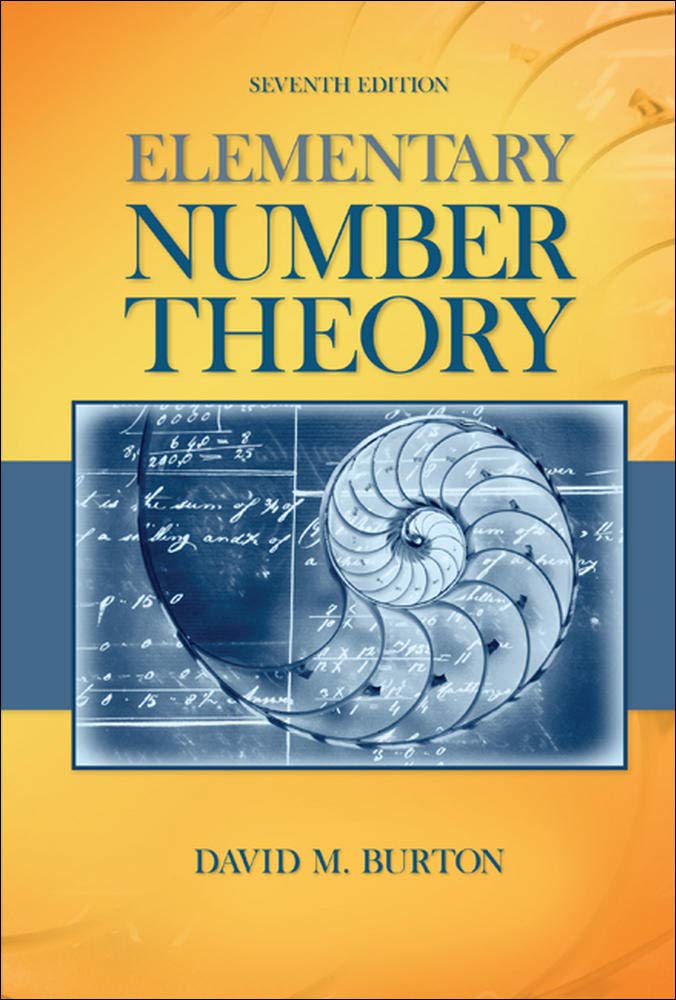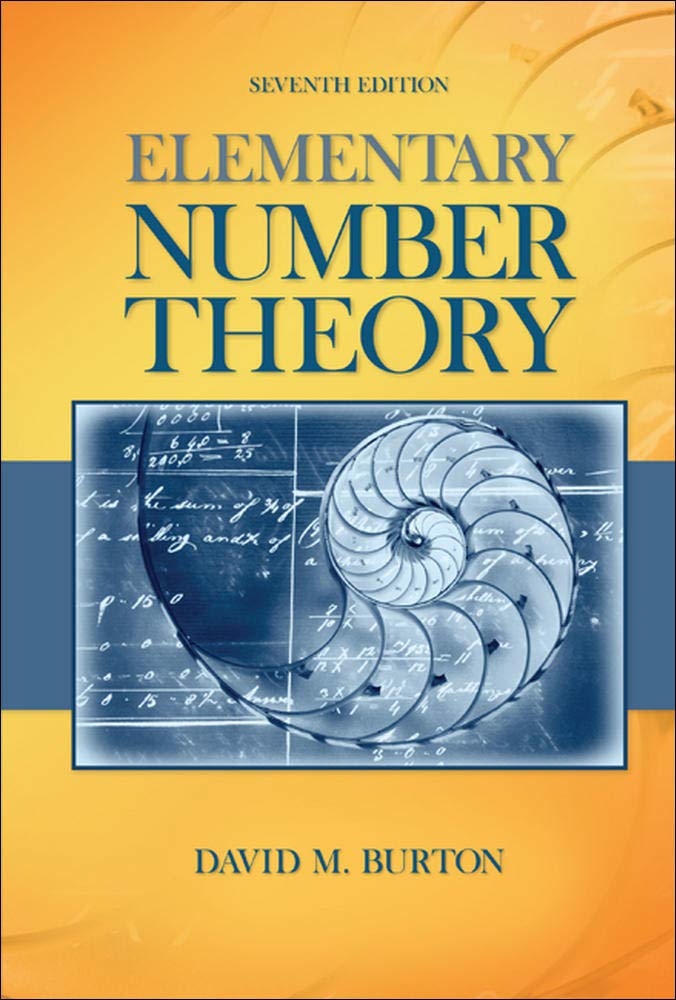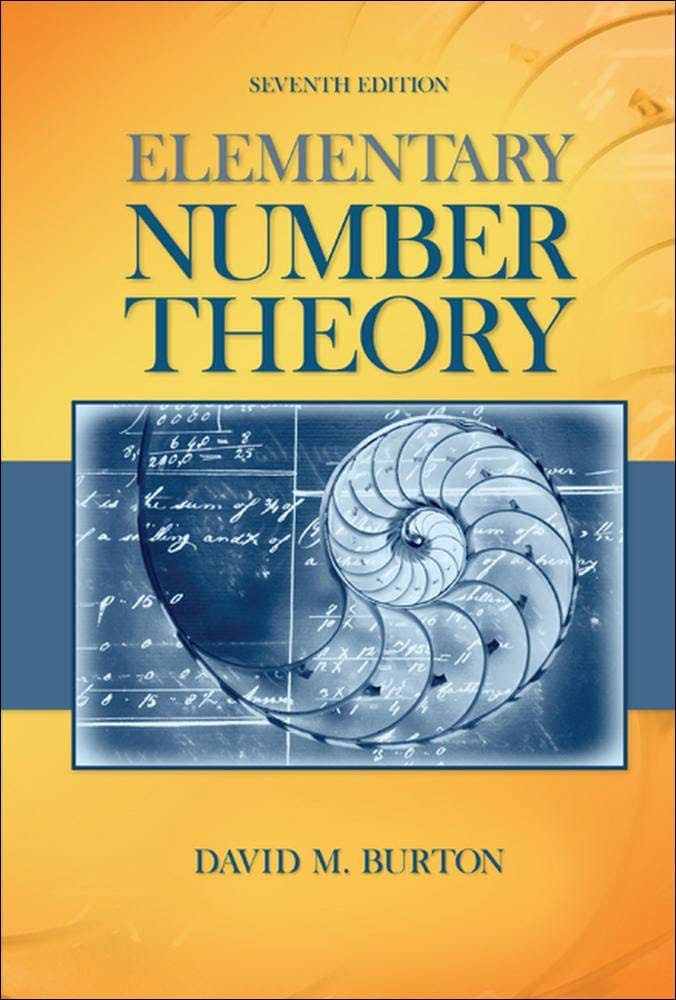
Elementary Number Theory Problems 3.2 Solution (David M. Burton's 7th Edition) - Q7
My Solution for "Modify Euclid's proof that there are infinitely many primes by assuming the existence of a largest prime $p$ and using the integer $N = p! + 1$ to arrive at a contradiction."
Table of Contents
Background
All theorems, corollaries, and definitions listed in the book's order:

I will only use theorems or facts that are proved before this question. So you will not see that I quote theorems or facts from the later chapters.
Question
Modify Euclid's proof that there are infinitely many primes by assuming the existence of a largest prime $p$ and using the integer $N = p! + 1$ to arrive at a contradiction.
Solution
Assume there exists a largest prime $p$.
Let $N = p! + 1$. Because $N \gt 1$, by Theorem 3.2 there exists a prime $q$ such that $q \mid N$. Since $p$ is the largest prime, so we know $q \mid p!$. Thus $q \mid N - p! = 1$. The only positive divisor of the integer $1$ is $1$ itself, and because $q \gt 1$ by the Definition 3.1 (Definition of Prime), a contradiction arises.
Read More: All My Solutions for This Book
Related Pages
Ranblog Newsletter
Join the newsletter to receive the latest updates in your inbox.


